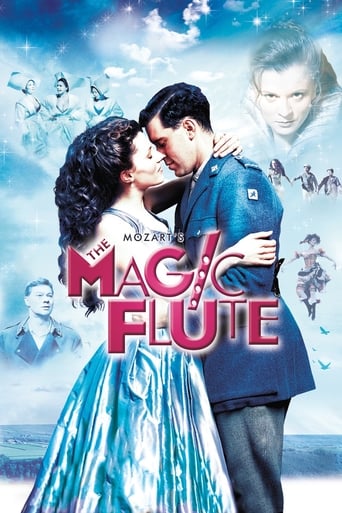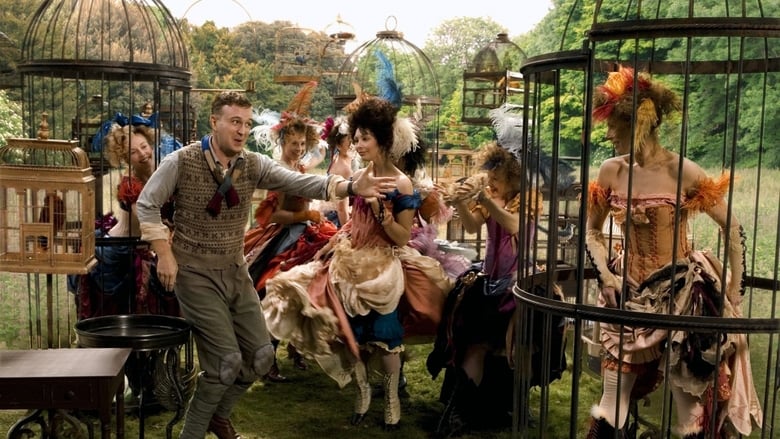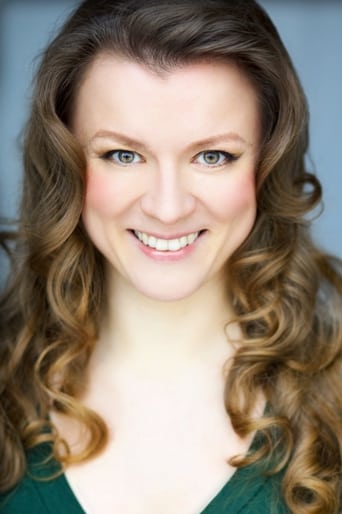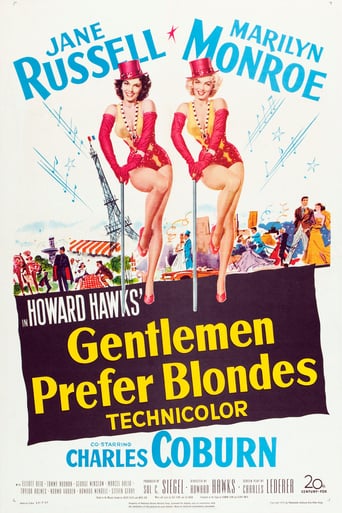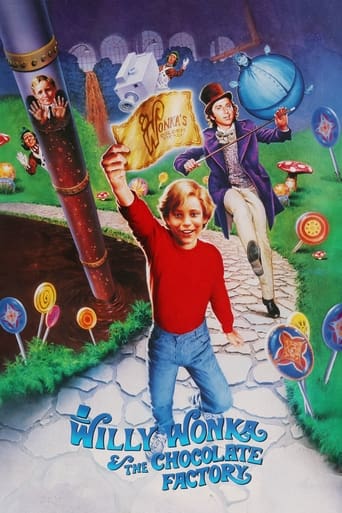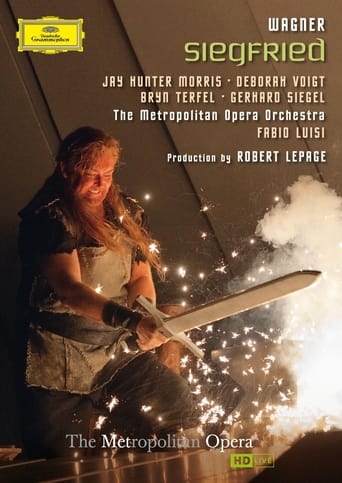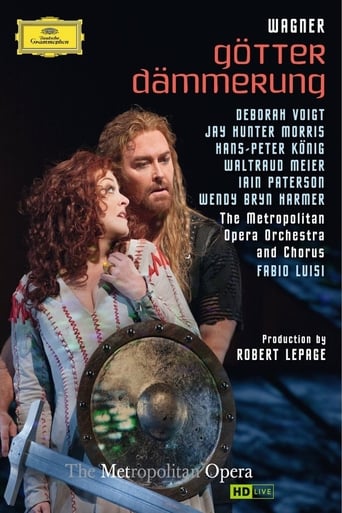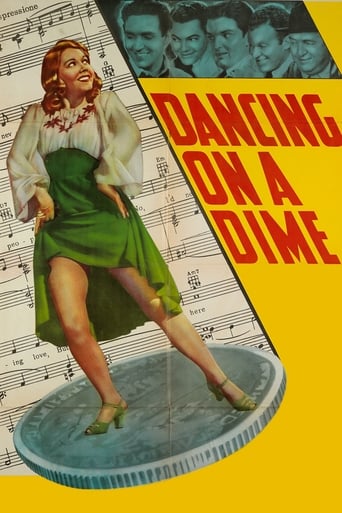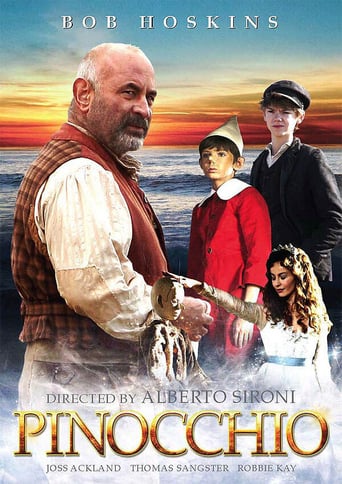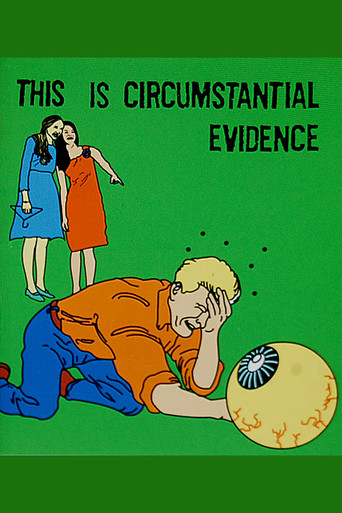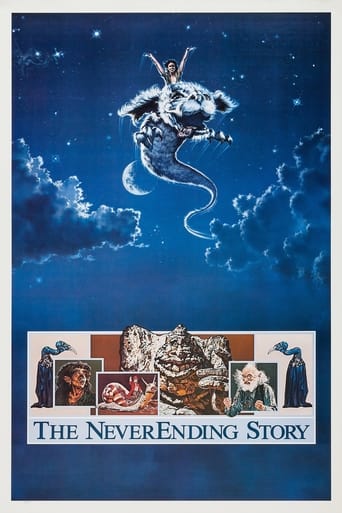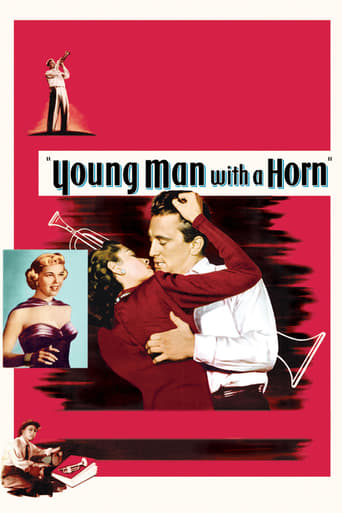The Magic Flute (2006)
During World War I, in an unnamed country, a soldier named Tamino is sent by the Queen of the Night to rescue her daughter Pamina from the clutches of the supposedly evil Sarastro. But all is not as it seems.
Watch Trailer
Cast
Similar titles
Reviews
People are voting emotionally.
Must See Movie...
Good concept, poorly executed.
When a movie has you begging for it to end not even half way through it's pure crap. We've all seen this movie and this characters millions of times, nothing new in it. Don't waste your time.
Before I look at this film I must clarify a thing: I'm an unconditional opera fan, I think its the most complete art form that exists, since it harmonizes several forms of art, namely music, theater, singing and often dancing. When its well made, opera is a feast for the senses which is only harmed by a huge and unjust elitism, blamed for the exorbitant ticket prices. So I know very well "The Magic Flute", with Mozart's music on a Schikaneder text. Having made this clarification, let's talk about the film.Kenneth Branagh is a brave guy, it takes some courage to adapt Shakespeare to the movies and he did it more than once. So it doesn't surprise me that he had the guts to turn one of the most famous comic operas ever into a movie. Its almost iconoclastic, especially for the purists, but he did it! The film is very beautiful and the transition to the cinema didn't harm music at all. Mozart's melodies are almost all there, only omitting elements most related to the Masonic apology that Mozart and Schikaneder wanted to do. Most singers aren't famous and Rene Pape, in the role of Sarastro, is the most easily recognizable name. Personally, I think there would be no problem in betting on experienced and well-known singers, as long as they were prepared for the demands of film work. The work of the Chamber Orchestra of Europe also deserves a note of congratulations.Anyone who knows the original libretto immediately realizes that the context and environment of the story has been totally changed: action no longer happens in a world of fairy tales, but during a war, clearly inspired by First World War, but this raises a problem: some characters never properly fit into this environment, as the Queen of the Night. There was also an effort to make the story more politically correct, as the original opera is, sometimes, racist and misogynist. Don't blame Mozart for that, it was the mentality of people back then. Even so, these changes have made some characters meaningless. This is what happened to Monostatos who, in the original opera, is a Muslim from North Africa, portrayed according to the prejudices of that time.In the midst of some flaws arising from the changes made to the environment in which the story takes place, the film is very enjoyable. Of course, Mozart's music will always be the element that will draw people to watch it, but personally I think its also an interesting way to awaken for the opera some people who, otherwise, would never have the curiosity to give a chance to this beautiful art form.
As for myself, I usually can't watch classic operas being modernized. "Aida" with fireworks and circus gymnasts or "Tristan and Isolde" with mobile phones and handguns – no, thank you. The only exception is Mozart's "The Magic Flute": in my opinion, its surrealistic libretto can survive any modernization. I see that the reviews for Branagh's adaptation are quite mixed, but I generally liked it. Joseph Kaiser is a great Tamino, Amy Carson is excellent as Pamina. Benjamin Davis may not have a very strong voice, but he has the cheerfulness and charm of Mozart's Papageno. The rest of the cast also fit their roles wonderfully. The Masonic references are gone, but the rest of the libretto is preserved, with all its humor and fairytale aura. There are only two moments in the film that really annoyed me. First, the combination of the overture with battle scenes. It looked, well, odd. Second, the suicide of the villains – the episode seemed a bit rushed and not quite understandable. I can see why the Queen of the Night killed herself, with her terrible pride. I can see why Monostatos killed himself, with his maniacal passion for Pamina. But the three ladies? Had they climbed up and agreed to serve Sarastro, he'd have pardoned them for sure (he'd have pardoned everyone, judging by his face). Of course, they could have been enormously devoted to the Queen Their suicide was something of an unsolved mystery. But overall, the film is definitely a very nice one.
It's a sad fact but the libretto of Die Zauberfloete is quite... weak. This film has done the amazing achievement of lifting up the story line and making in it not only beautiful in music and decors, but also interesting to follow and understandable! Chapeau. What a great movie. The Papageno-Papagena sound at the end is a masterpiece and is a perfect capture of the theme behind the scene. It's uplifting and joyful, and the voices are perfectly acceptable to very good. It's at the same pleasure level as La Traviatta of Franco Zefirelli. And I have to say it takes guts to revisit this story with a WW1 theme and achieving such a nice result.
Branagh starts as he means to go on - a daring, 'one-shot' sequence for the opera's overture, as an abstracted version of early 20th century conflict in cartoonish primary colours. It's at once humorous and disturbing, and (with it's digital gloss) indicates his intentions for the rest of the film.The film uses opera singers miming to their own studio recording. This works well, freeing up the performers to really throw themselves into the drama. Joseph Kaiser is a striking and sympathetic leading man: Amy Carson, a gorgeous, bright-eyed, charming Pamina. Their mutual attraction is very natural and convincing. René Pape's Sarastro is a youthful Solomon, though necessarily restraining himself from the lustfulness that intoxicates most of the other characters. Ben Davis' Papageno and Tom Randle's Monostatos are frustrated opposites played off Pamina's chastity. Lyubov Petrova's Queen of the Night and her Three Ladies are quite a kinky gang - thank goodness for the simple charm of the Three Boys.Around this characterful core there is a marvellous web of computed animated fantasy and flashback. There are also plenty of in-screen effects and inventive shooting. I particularly liked the fiery Queen of the Night filmed, mid-coloratura, with a semi fish-eye lens making her look completely bonkers.A heavily stylised, entertaining run out of The Magic Flute. It may not be the best way to encounter the opera properly. It's profusion of ideas often works in conflict with the natural progression of the drama as scored by Mozart. There's plenty to enjoy though.
